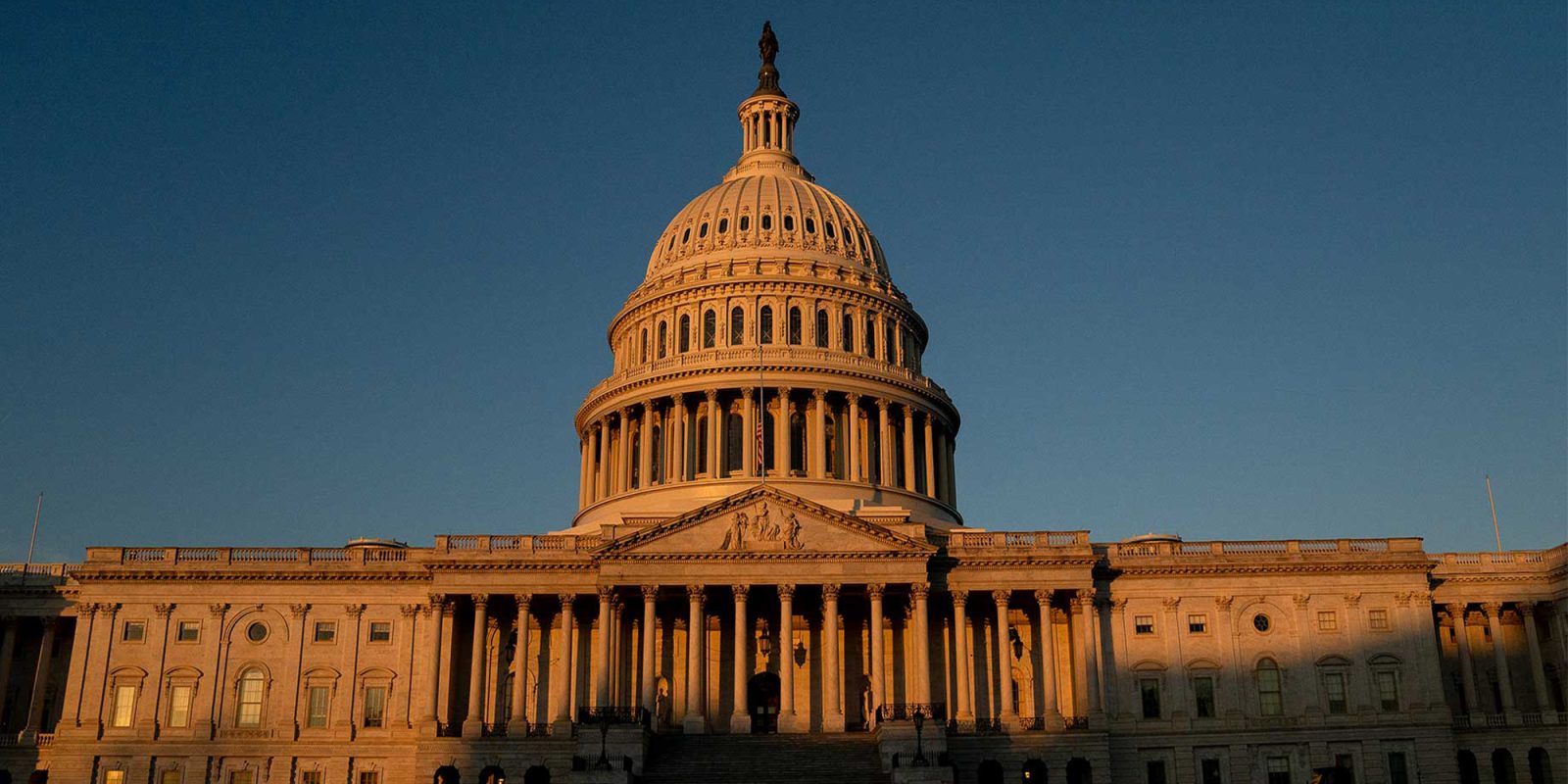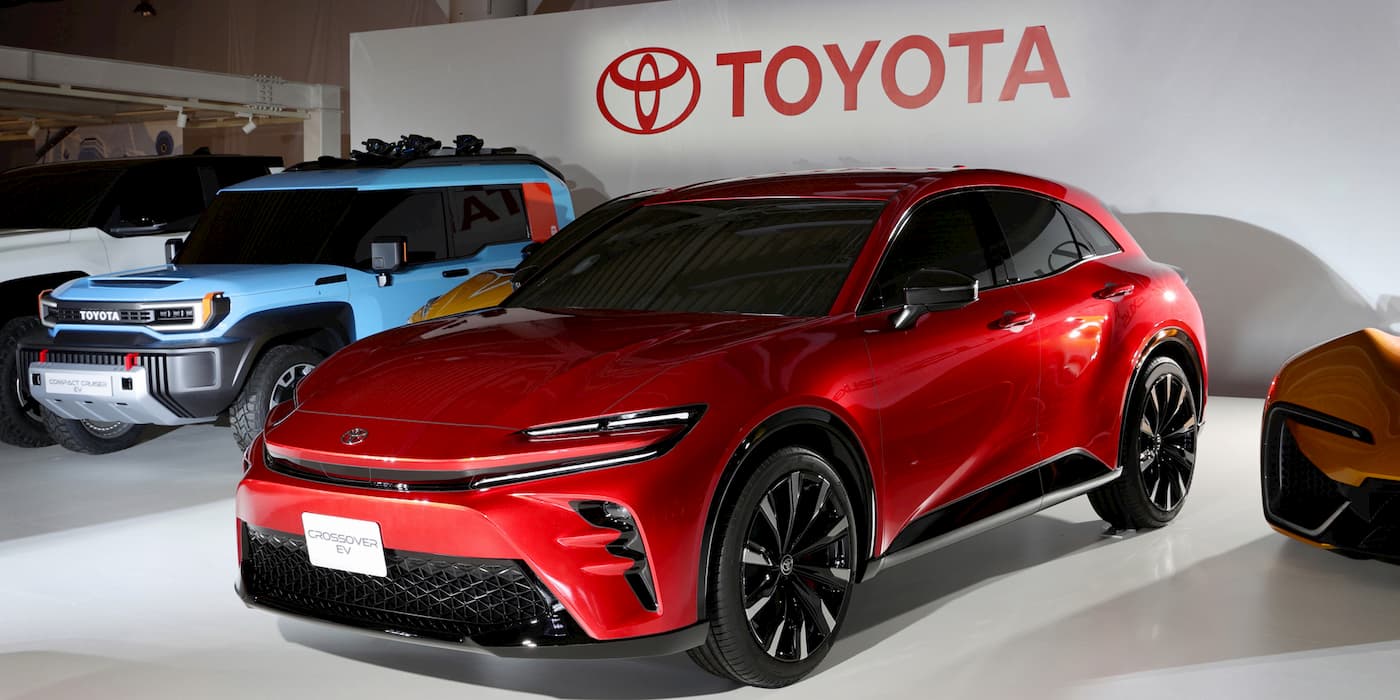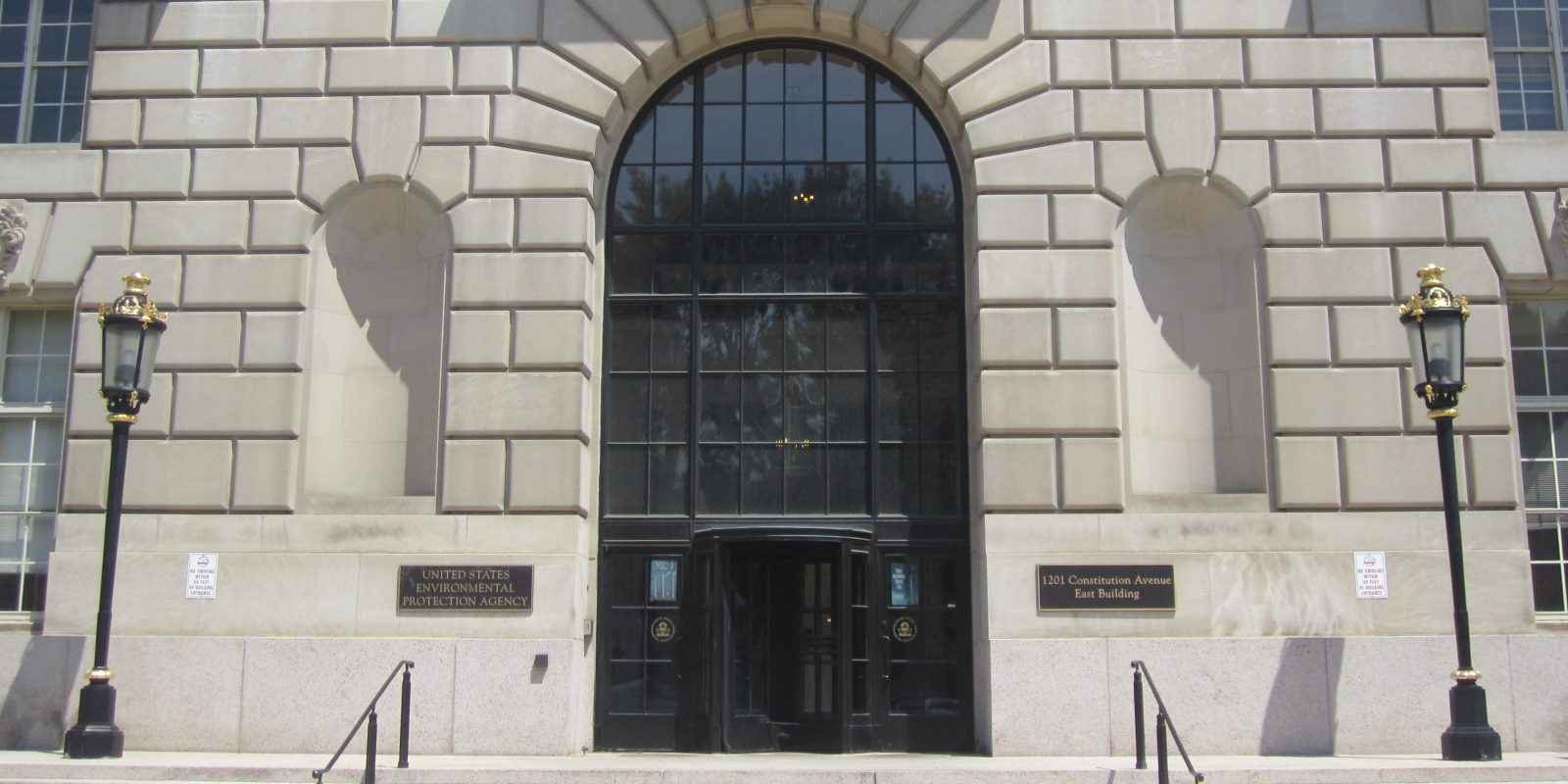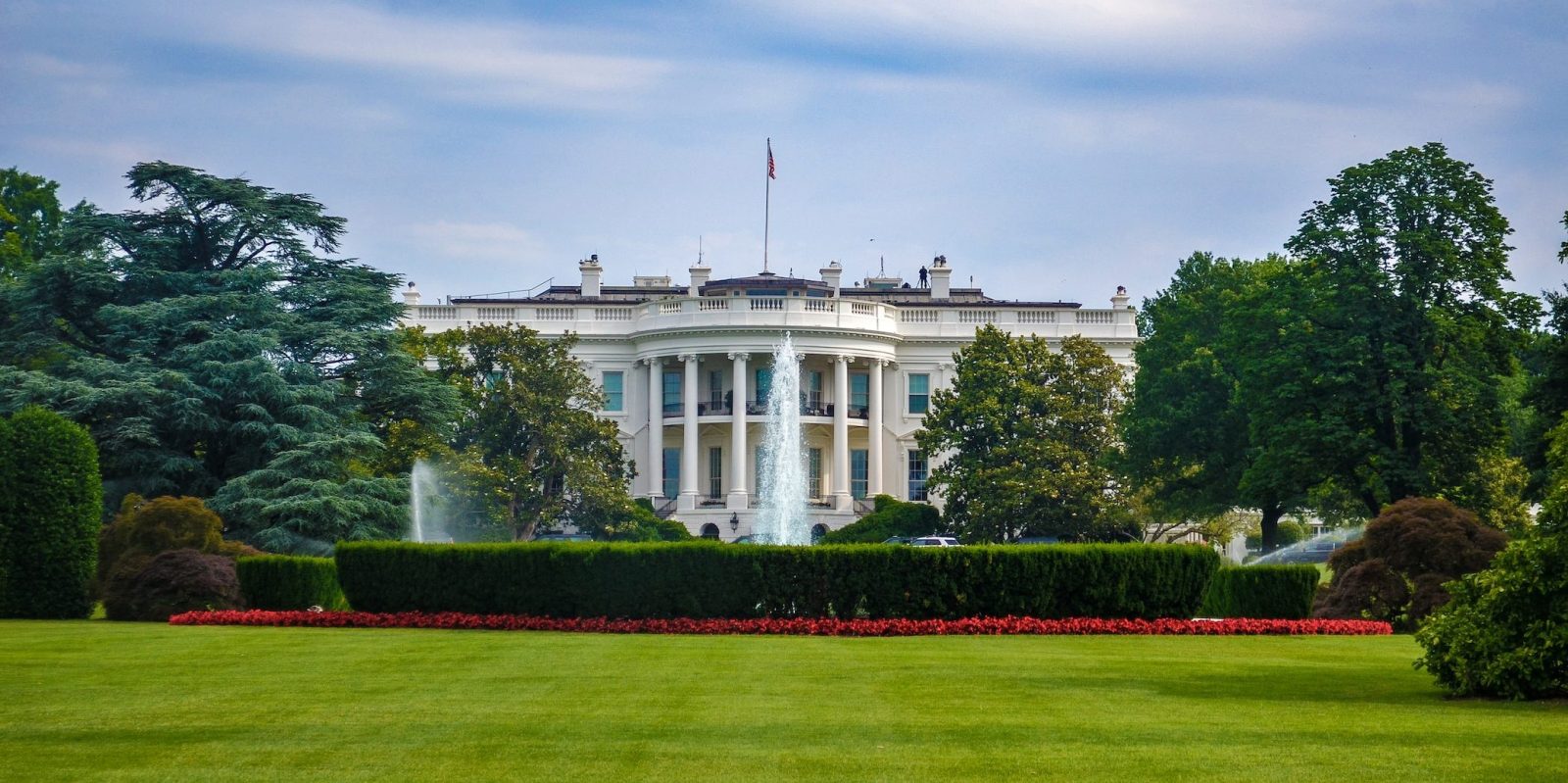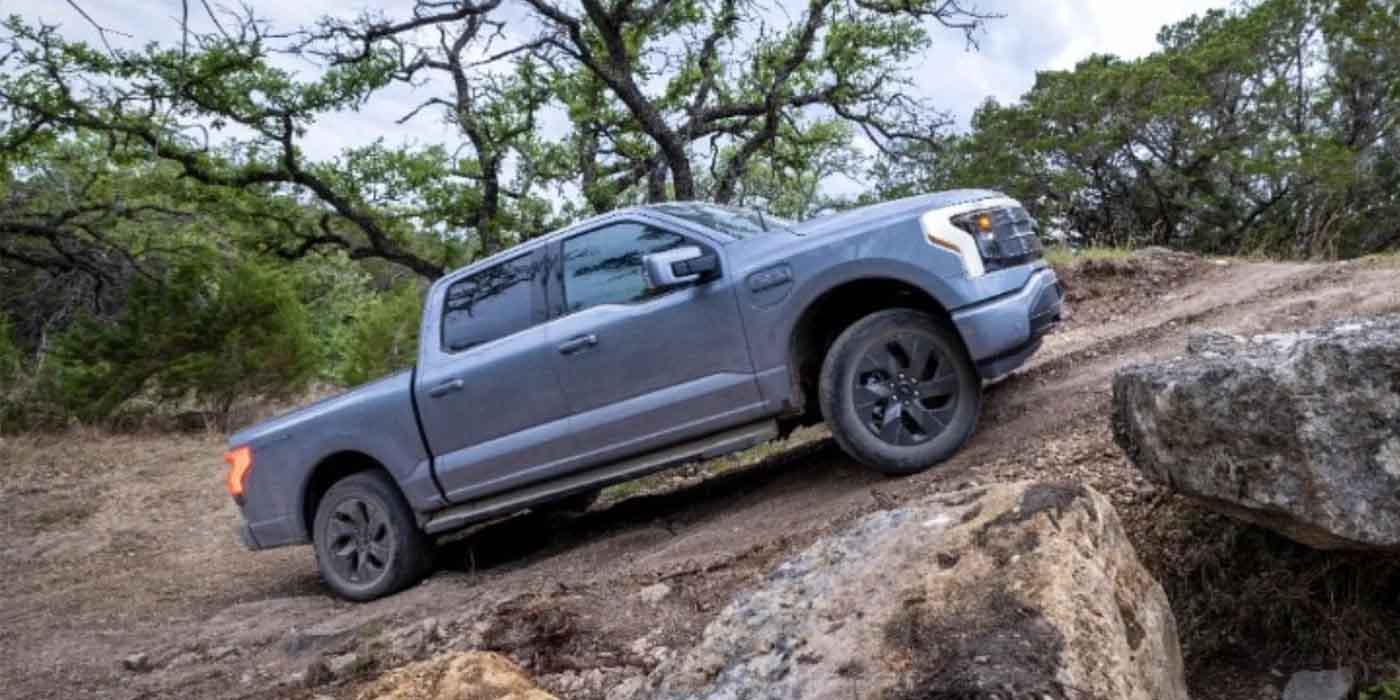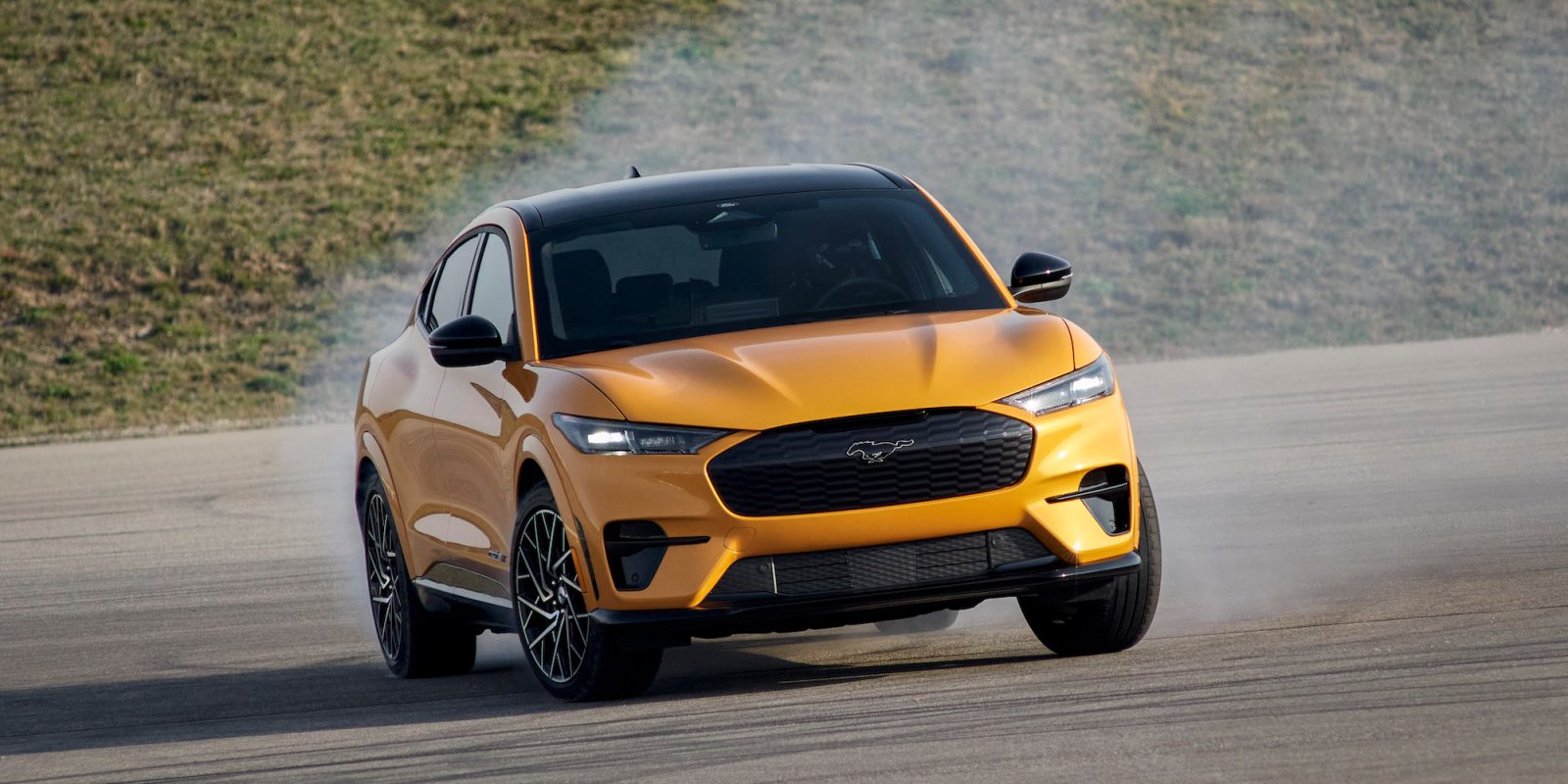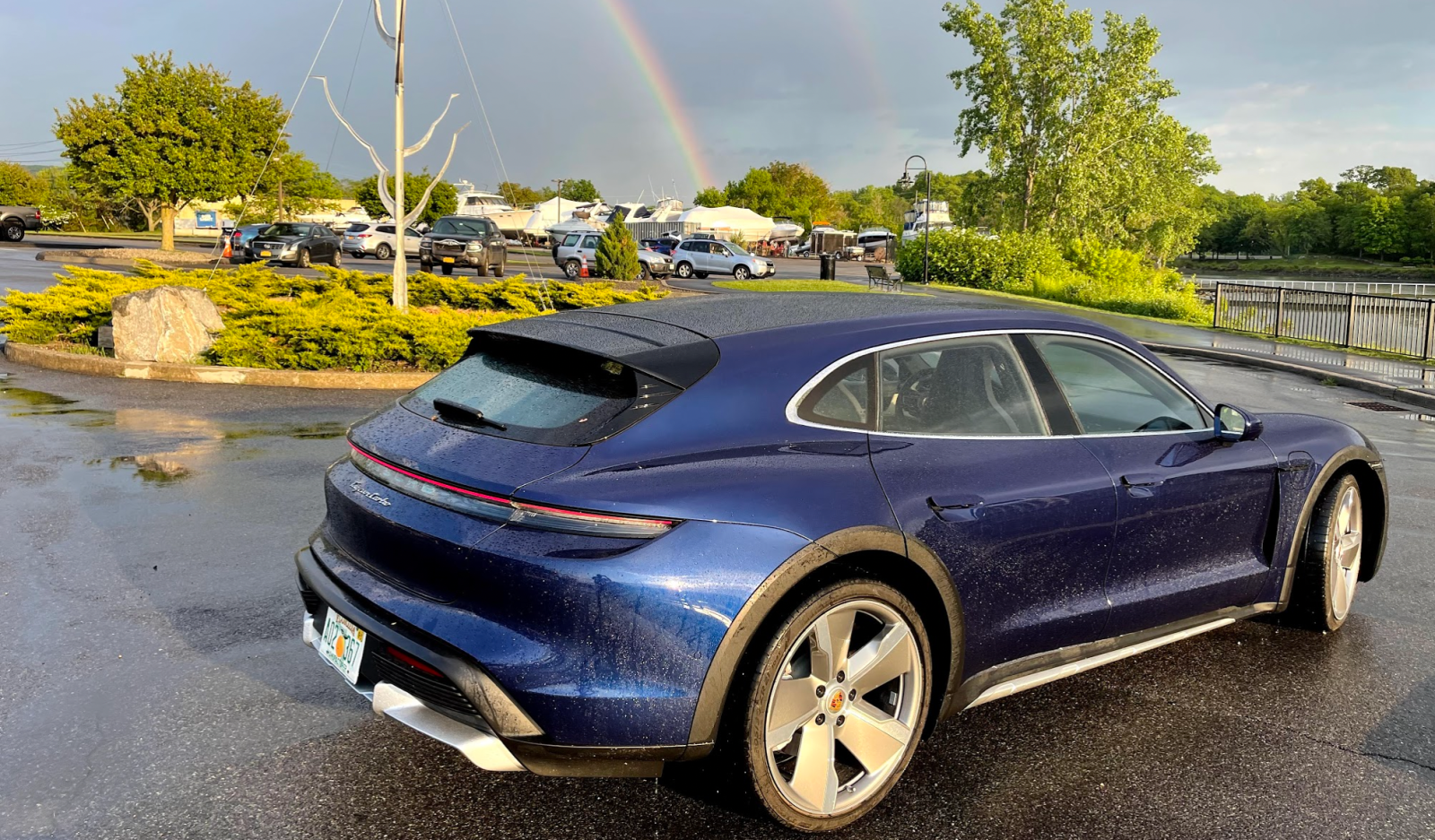Ford, Cummins and others break with industry to support strong EPA truck rule

The EPA is currently finalizing new rules to limit truck emissions, and a group of manufacturers including Ford, Cummins, BorgWarner and Eaton has broken with the industry to support the upcoming “Phase 3” heavy duty emissions rules, while the rest of the industry, led by Volvo and Daimler, continues to lobby against them.
Expand Expanding Close

